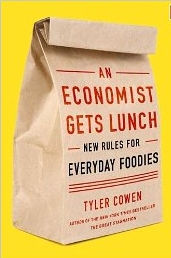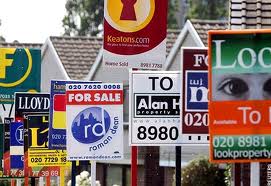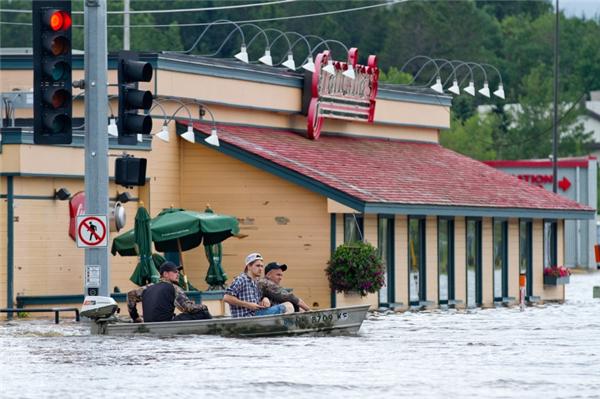This November, the conservative right finally succeeded in excluding themselves out of existence. White males used to be in the leadership majority in this country’s social, religious and political organizations, but no more.
Over privileged, white males are still tentatively in the majority for the elite 1%, including executives of financial, business and some religious organizations. Women who benefit short term from their patriarchy (there is no long term benefit from patriarchy) may align with them. But the handwriting is on the wall. Succumbing to racism or fear by excluding whole population groups is destructive for all of us. It’s a lethal strategy limiting the talent available to communities, companies and governments.
Clearly it is counter productive to exclude the interests of women, immigrants, people of color, homosexuals and those we decide are “disabled” or those made poor. It doesn’t work within the U.S. and it won’t work globally. To solve the complex problems we face, we must be a people willing to engage those we perceive as different (and it is only a perception – we are all part of the human family), listen to the experiences of others, include their concerns and share leadership with others in our policies, politics and decision making.
The voice of the 99% is getting stronger.
Can he play well with others? Obama had better wake up and listen.





